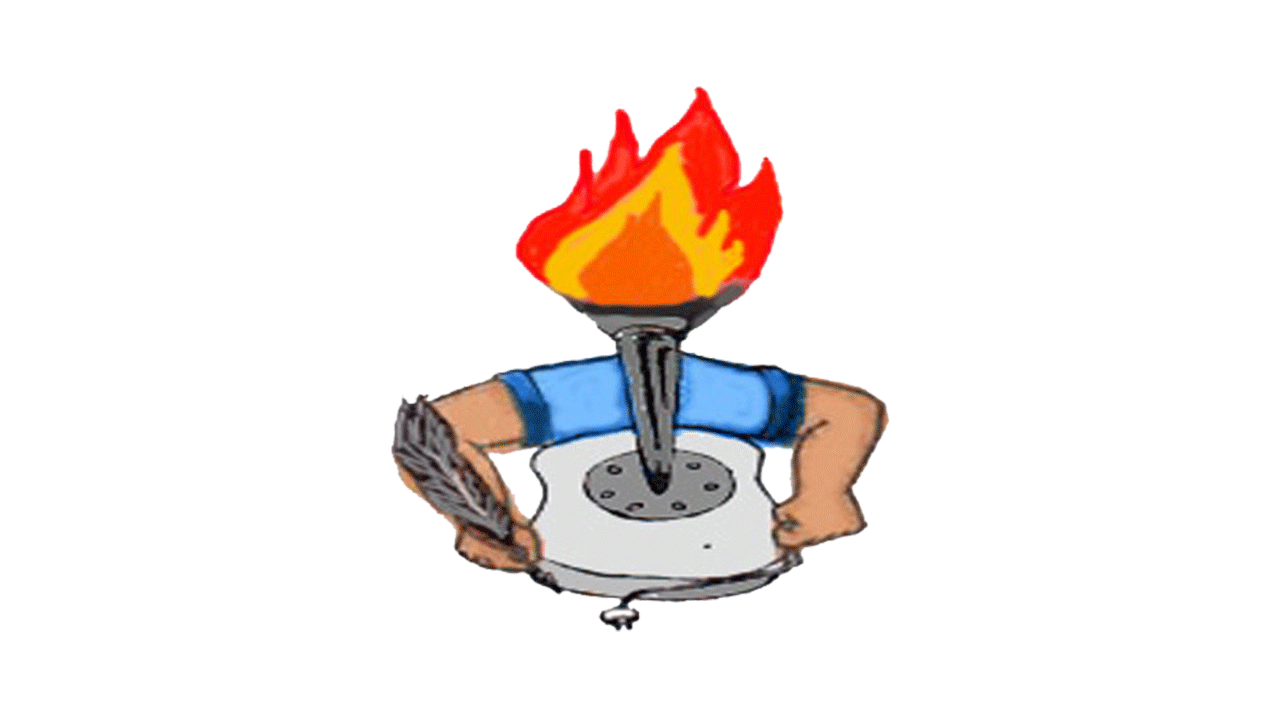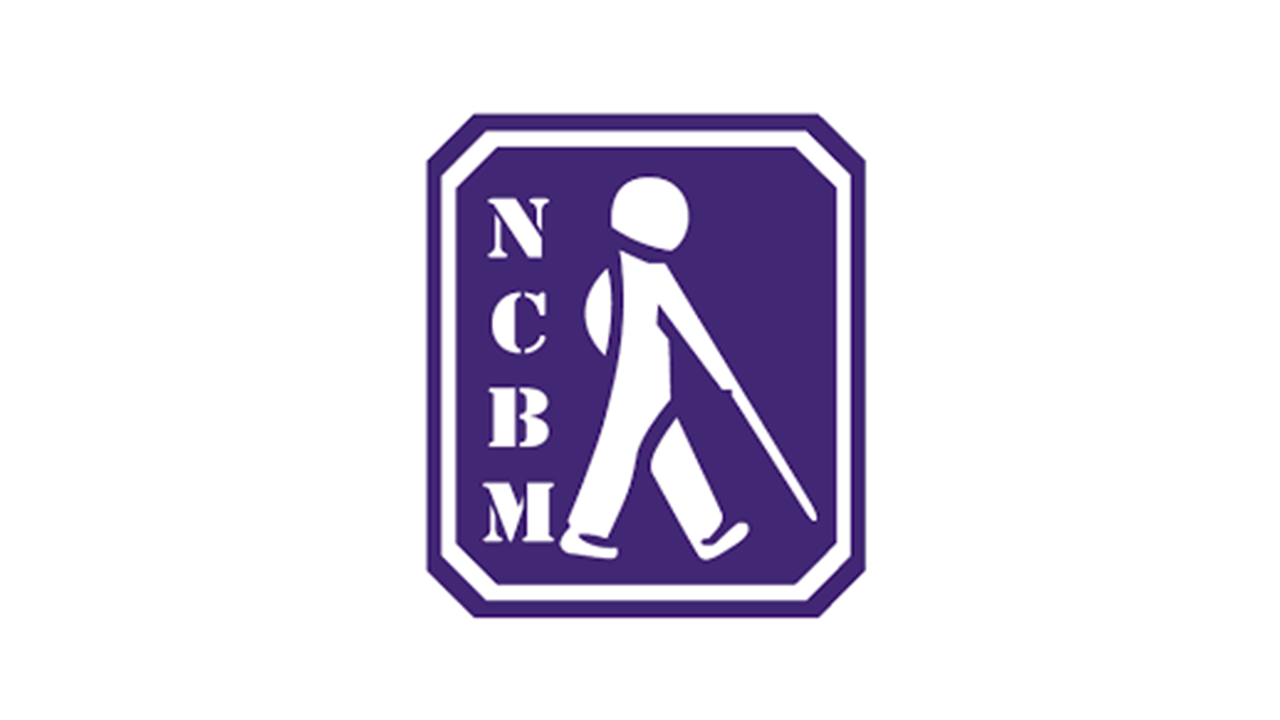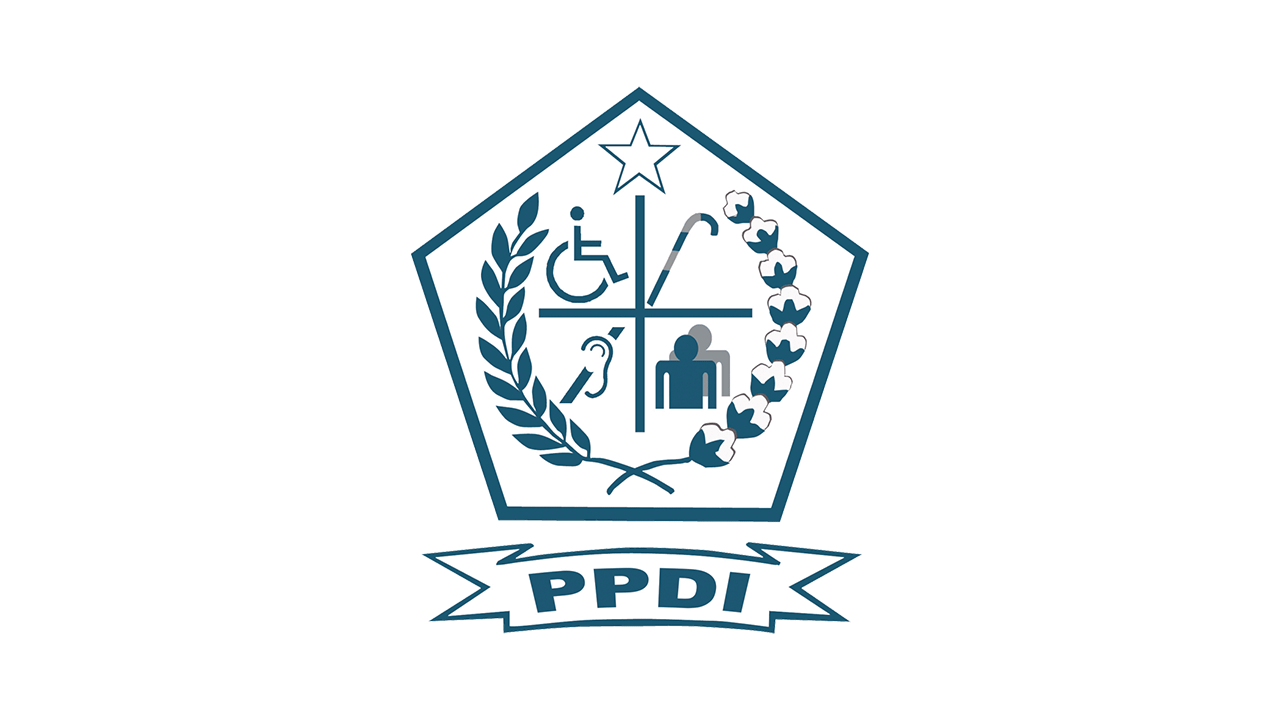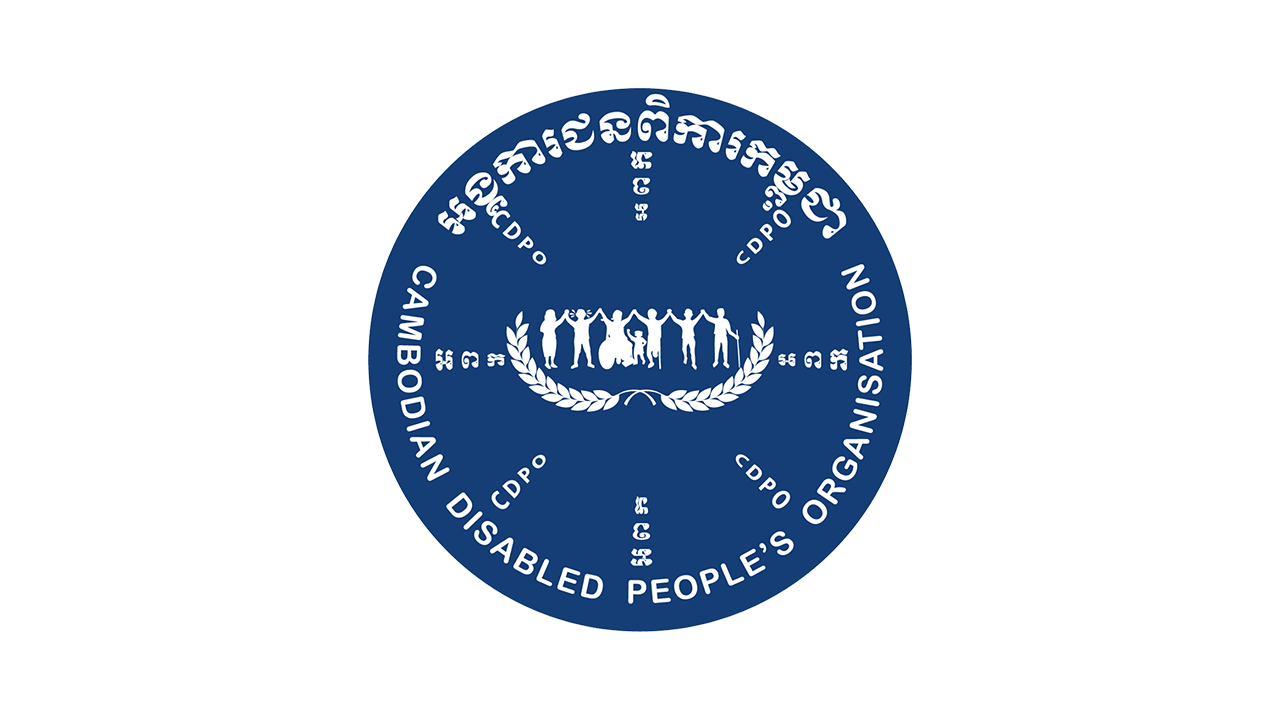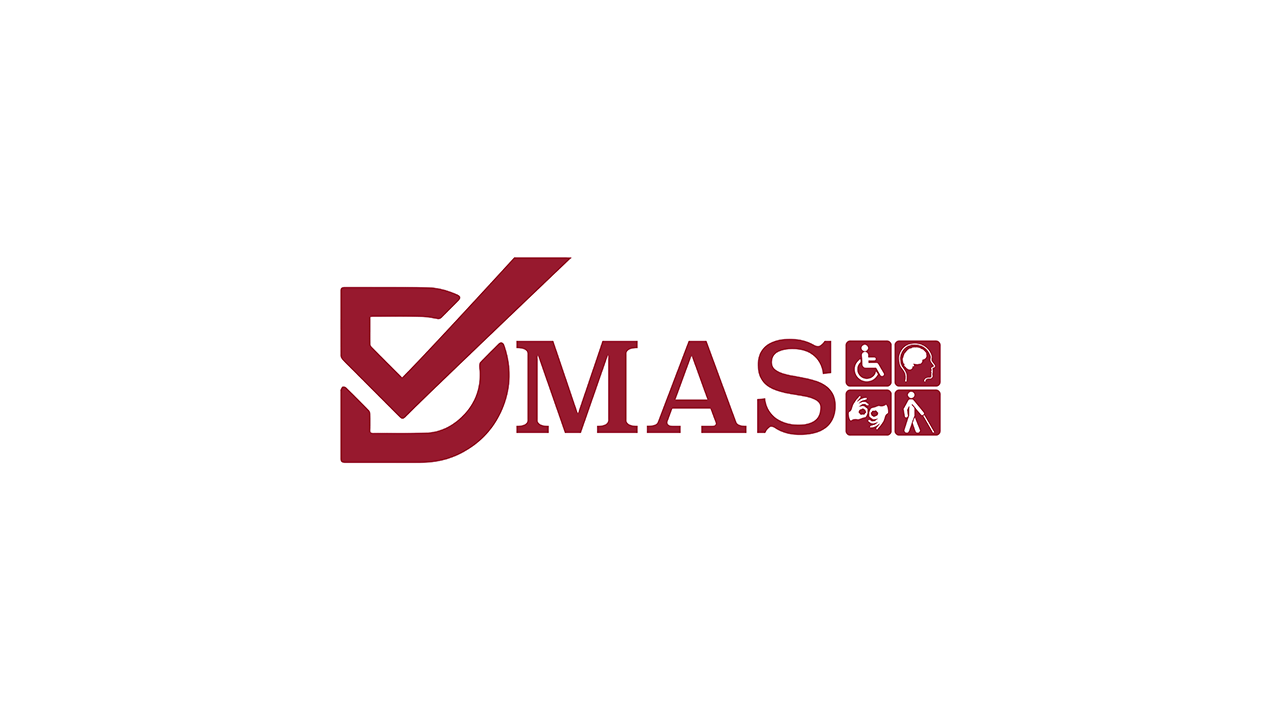On January 28-29 AGENDA held a two-day conference in Jakarta, Indonesia, on the topic of persons with disabilities and their political rights. Issues discussed included obstacles faced by persons with disabilities when trying to participate and get engaged in electoral processes and how certain obstacles can be overcome. Participants from various countries shared their experiences and ideas about these issues.
On January 28-29 AGENDA held a two-day conference in Jakarta, Indonesia, on the topic of persons with disabilities and their political rights. Issues discussed included obstacles faced by persons with disabilities when trying to participate and get engaged in electoral processes and how certain obstacles can be overcome. Participants from various countries shared their experiences and ideas about these issues.
What I saw at the conference was that problems are more or less similar in every country: people with disabilities are prevented from invoking their right of participation in elections, which is caused by lack of adapted election precincts, difficulty getting to the polling station and stereotypes in society. In some countries, weak legislation concerning this problem is also an issue. Some countries have not ratified the UN Convention on the Rights of Persons with Disabilities and during the conference this issue was also discussed. Problems include education and employment of people with disabilities, which is exasperated by an un-adapted environment and lack of opportunities for persons with disabilities. The same problem is faced by persons with disabilities in Georgia.
Some of the countries represented at the conference have made big steps forward in overcoming some of the above mentioned challenges.
Participating in the conference gave me new insights and increased my capacity as a person working on disability issues and as a founder of an NGO focusing on these issues. I met some interesting people who work in the same field as me, shared experiences, and exchanged contact information so that we can contact each other and share advices and opinions on different issues. I suggested that organizers invite parents of persons with disabilities as they also need to be informed on issues discussed during the conference. This experience made me realize the importance of conferences like this as they serve as an important platform to exchange ideas, plan future partnerships and make tangible impact. At the closing ceremony, the minister of healthcare of Indonesia visited the conference and talked to participants and listened to their advice and suggestions they gave.
Another highlight for me was learning about the experiences of some of the participant countries; I plan to introduce some of their approaches to Georgian NGOs working on these topics. Ideas like electronic voting systems might be useful for persons with disabilities in Georgia. I was introduced to and befriended some very kind people at the conference, such as representative of the Embassy of Georgia to Indonesia Natia Gagua, and IFES representatives Virginia Atkinson and Vasu Mohan.



